As the saying goes, “The mountains are calling, and I must go.”
This line perfectly captures the reality of why so many people are choosing to make Montana their home.
In recent years, Montana has experienced a surge in population, with over 36,000 people making the move to the state.
If you’re considering a move to this beautiful state, you’re in good company.
Montana's appeal isn’t just about its stunning mountain ranges, like the Rocky Mountains or the iconic Yellowstone National Park. It’s about the lifestyle it offers.
With a population of just 1.06 million, Montana is one of the least densely populated states in the U.S.
But what exactly makes moving to Montana such a compelling choice?
Well, it’s not just the scenic beauty and recreational opportunities—it’s the overall lifestyle.
Montana's cost of living is more affordable compared to many coastal states.
In fact, the median home price in Montana is about $514,900, which is relatively moderate compared to other parts of the country like California and New York.
Despite the rising demand, Montana still provides great value when it comes to housing, job opportunities, and quality of life.
In this guide, we’ll discuss the essentials of moving to Montana—from what to expect in terms of cost of living to finding the best places to live.
So, let’s explore why this state should be on your radar if you're considering a move in 2025.

Get Free Moving Quotes for Your Montana Relocation Click Here
Why Montana?
Why is moving to Montana such an attractive option? Montana is known as the "Big Sky Country" and is famous for its vast and diverse landscapes, which include majestic mountains, pristine lakes, and sprawling plains.
The state offers a slower pace of life, abundant natural beauty, and an affordable lifestyle when compared to other regions in the U.S.
Best Places to Live in Montana
When you’re considering a move, it’s crucial to know where you want to settle down. The great thing about Montana is that each area offers something unique. Here are some of the best places to live in Montana:
Bozeman
If you enjoy a vibrant community, tech opportunities, and a variety of outdoor activities, Bozeman might be for you.
The city has become increasingly popular, especially with young professionals and families.
It is located near Yellowstone National Park and provides plenty of skiing, hiking, and exploring opportunities.
Missoula
Missoula is another gem in Montana and is known for its thriving arts and culture scene.
With the University of Montana located here, the city has a youthful energy and offers plenty of outdoor activities, like fishing on the Clark Fork River and hiking.
The cost of living in Missoula is also relatively affordable compared to other cities in the U.S.
Billings
As the largest city in Montana, Billings is a great place if you’re looking for a mix of city amenities and rural charm.
Billings serves as a commercial and economic hub, offering a range of job opportunities.
It’s also known for its great schools and healthcare facilities, making it an ideal location for families.
Helena
If you enjoy living in a state capital but don’t want the hustle of a large metropolitan area, Helena is the place to be.
The city offers a balance of history and modern living, with beautiful parks and historical landmarks like the Montana State Capitol.
Kalispell
Located near Glacier National Park, Kalispell is a nature lover’s dream.
If you love hiking, wildlife viewing, and enjoying the great outdoors, Kalispell offers everything you could want.
Plus, it’s home to many local businesses and services, making it a fantastic place to live if you enjoy a close-knit community feel.
Montana Housing Market Trends
The Montana housing market has experienced rapid growth, especially in the last few years.
With a combination of low inventory and high demand, home prices have soared.
In recent years, the market has seen an increase of about 50% in home values, largely driven by an influx of buyers from expensive states like California and Washington.
While this trend continues, some areas are still more affordable than others, so it’s worth exploring different regions to find the best deal.
Job Opportunities in Montana
One of the key factors when relocating is job opportunities.
Montana’s economy is diverse, with major sectors including agriculture, healthcare, technology, government, and manufacturing.
The state has become increasingly attractive to tech companies due to its affordable real estate and excellent quality of life.
Many people are also moving to Montana for work opportunities in healthcare.
Major hospitals in cities like Billings and Missoula offer a range of medical roles for healthcare professionals.
If you’re in the tech industry, Bozeman has emerged as a startup hub, while government and education jobs are prevalent throughout the state.

If you're preparing for a move and want trusted professionals to handle the job, take a look at our list of the best long distance moving companies.
Montana Climate and Weather
Montana has a continental climate, with cold winters and warm summers.
Winters can be harsh, especially in the mountainous regions, with temperatures dropping as low as 20°F to 30°F. On the other hand, summer can get quite hot, with average highs between 80°F and 90°F.
Snowfall is also considerable, especially in areas like Bozeman and Kalispell.
You’ll get a good amount of snow during the winter months, so be prepared for the cold if you’re moving to Montana.
Education in Montana
Montana has public schools in every town and city and renowned universities, such as the University of Montana in Missoula and Montana State University in Bozeman.
For those moving with children, Montana has a reputation for providing quality education in both urban and rural areas.
Montana offers a range of options for higher education that are affordable compared to larger cities. That’s why it is an ideal place to live if you want your children to have access to quality schooling at all levels.
Outdoor Activities in Montana
If you love the outdoors, Montana is a paradise.
The state is home to two national parks, Yellowstone National Park and Glacier National Park. The Rocky Mountains run through the state and provide ample terrain for outdoor adventures year-round.
For those who enjoy winter sports, areas like Big Sky Resort are perfect for skiing and snowboarding.
The state's abundance of rivers and lakes also makes it a fantastic spot for fishing and boating during the summer months.
Healthcare in Montana
Healthcare in Montana is generally very accessible.
While rural areas may have fewer options, cities like Billings and Missoula offer detailed healthcare services.
Major hospitals like St. Vincent Healthcare in Billings and Providence St. Patrick Hospital in Missoula provide top-notch medical care.
Additionally, Montana has expanded access to telehealth services, which ensures that residents in remote areas have access to medical advice and services.
Why You Can Trust My Good Movers
550+
moving companies
listed
16,000+
customer reviews to help you decide
50+
states covered for moving services
100%
free quotes provided instantly
Transportation in Montana
Montana’s transportation infrastructure mainly revolves around highways and public road networks.
The Interstate 90 (I-90) runs east-west, connecting cities like Billings, Missoula, and Bozeman, while I-15 runs north-south, linking the state’s largest cities.
While public transportation options are limited compared to larger states, Montana has a well-maintained system of roads that make driving relatively easy.
Major cities like Billings and Missoula have regional airports, with Billings Logan International Airport being the largest. From there, you can easily connect to other major U.S. cities.
How Much Does it Cost to Move to Montana?
You're probably wondering, "What’s it going to cost me?"
Well, like any big move, the cost can depend on a number of factors.
From hiring movers to setting up your new home, here's what you can expect regarding the costs of moving to Montana.
Moving Costs (Hiring Professional Movers)
The first major cost when moving to Montana will be the cost of hiring professional movers.
This price depends on factors like the size of your move, the distance, and the specific moving company you choose.
The cost can be higher if you're moving from out of state, but if you're already in Montana, the local rates will be more affordable.
Here’s a breakdown of what you might expect to pay:
| Service | Estimated Cost |
|---|---|
| Local Move (within 100 miles) | $300 - $1,500 (depending on the size of your home and the company) |
| Long-Distance Move (Out of state to Montana) | $2,500 - $7,500 (for a 2-3 bedroom home) |
| Full-Service Movers (Packing, Loading, Unloading, Unpacking) | $2,000 - $5,000+ (depending on the services included) |
| DIY Move (Renting a Truck) | $500 - $2,000 (depending on distance and truck size) |
Pro tip: If you’re considering hiring a moving company, make sure to get several quotes, as prices can vary.

Need Help with Your Relocation? Check out our expert tips
Cost of Renting a Moving Truck
If you’d prefer to move your own belongings, renting a moving truck can be an affordable option.
You’ll need to rent a truck that’s the right size for your needs, and your costs will depend on the distance you’re traveling.
Here’s an estimated breakdown:
| Truck Size | Rental Cost (Per Day) | Mileage Fee | Fuel Costs |
|---|---|---|---|
| 10-12 ft. (small) | $20 - $40 | $0.50 - $1.00 per mile | Varies (Approx. $100-$200 for long-distance) |
| 15-17 ft. (medium) | $40 - $60 | $0.60 - $1.00 per mile | Varies (Approx. $150-$300 for long-distance) |
| 20-26 ft. (large) | $60 - $100 | $0.70 - $1.25 per mile | Varies (Approx. $200-$500 for long-distance) |
Fuel costs can be one of the largest expenses in a DIY move to Montana, especially for long-distance moves. On average, you should expect to pay anywhere from $100 to $500 for fuel.
Packing Supplies
Proper packing of belongings is essential, and getting everything ready for the big move costs money.
Here’s an overview of the packing supplies you might need:
| Item | Estimated Cost |
|---|---|
| Boxes (Small, Medium, Large) | $1.00 - $3.00 per box (depending on size) |
| Bubble Wrap | $10 - $30 per roll |
| Packing Tape | $3 - $10 per roll |
| Moving Blankets | $5 - $15 each |
| Furniture Pads | $5 - $10 each |
Insurance
If you're moving your belongings with a professional moving company, insurance can be an additional charge based on the value of your items.
The cost of insurance depends on the level of coverage you choose.
| Type of Coverage | Estimated Cost |
|---|---|
| Basic Coverage | Included with most moving companies |
| Full Value Protection | 1-2% of the total value of your items |
| Third-Party Insurance | Varies ($50 - $500 depending on coverage) |
Cost of Setting Up Utilities and Services
When you move to Montana, you’ll need to set up your utilities and services at your new home.
| Service | Estimated Monthly Cost |
|---|---|
| Electricity | $100 - $200 |
| Water | $30 - $75 |
| Gas | $50 - $100 |
| Internet | $40 - $100 |
| Cable TV | $60 - $150 |
Temporary Housing Costs (if applicable)
If you’re not able to move into your new home right away, you may need to find temporary housing.
| Accommodation Type | Estimated Cost (per night) |
|---|---|
| Hotel | $80 - $200 per night (depending on location) |
| Short-Term Rental (Airbnb, etc.) | $100 - $250 per night |
| Vacation Cabin or Rental | $120 - $350 per night |
Keep in mind, if you’re moving to a popular area like Bozeman or Missoula, short-term rental prices can be higher due to demand.
Miscellaneous Costs
There are other smaller but important costs to keep in mind, such as:
| Item | Estimated Cost |
|---|---|
| Driver’s License & Registrationl | $50 - $100 |
| Moving Permit (if applicable) | $20 - $50 |
| New Furniture or Household Items | $200 - $2,000+ (depending on needs) |
Driver’s License & Registration: When you move to Montana, you’re required to update your driver’s license and vehicle registration. This can cost anywhere between $50 to $100.

Planning Your Move to Montana? Find your perfect moving company
Total Estimated Costs of Moving to Montana
Let’s summarize everything:
| Category | Estimated Cost Range |
|---|---|
| Hiring Professional Movers | $2,500 - $7,500 (long-distance) |
| Renting a Moving Truck | $500 - $2,000 (depending on truck size and distance) |
| Packing Supplies | $50 - $200 |
| Insurance | $10 - $500 (depending on coverage) |
| Setting Up Utilities | $300 - $625 per month |
| Temporary Housing | $80 - $350 per night |
| Miscellaneous Costs | $100 - $2,000+ (licenses, furniture, etc.) |



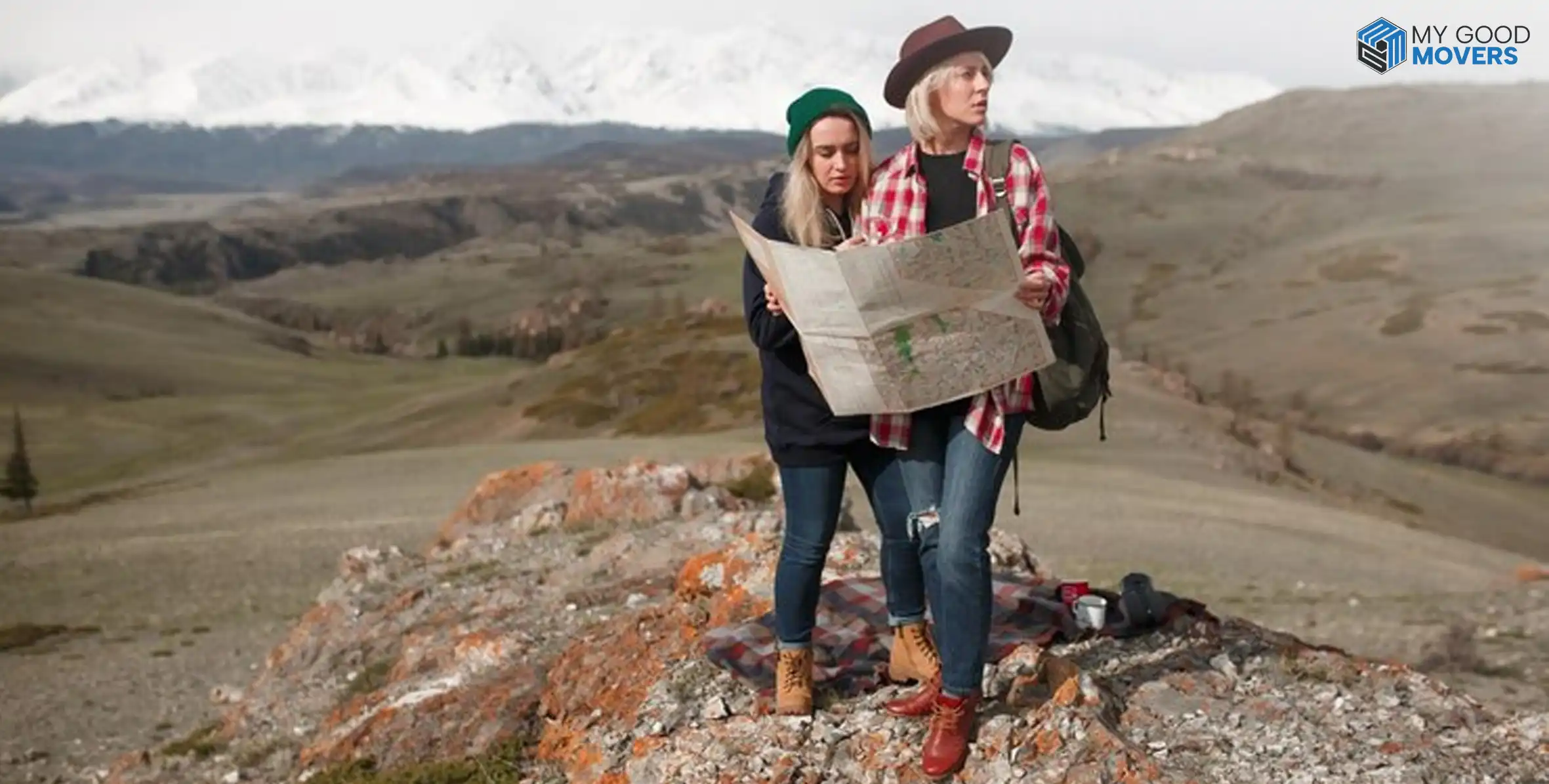

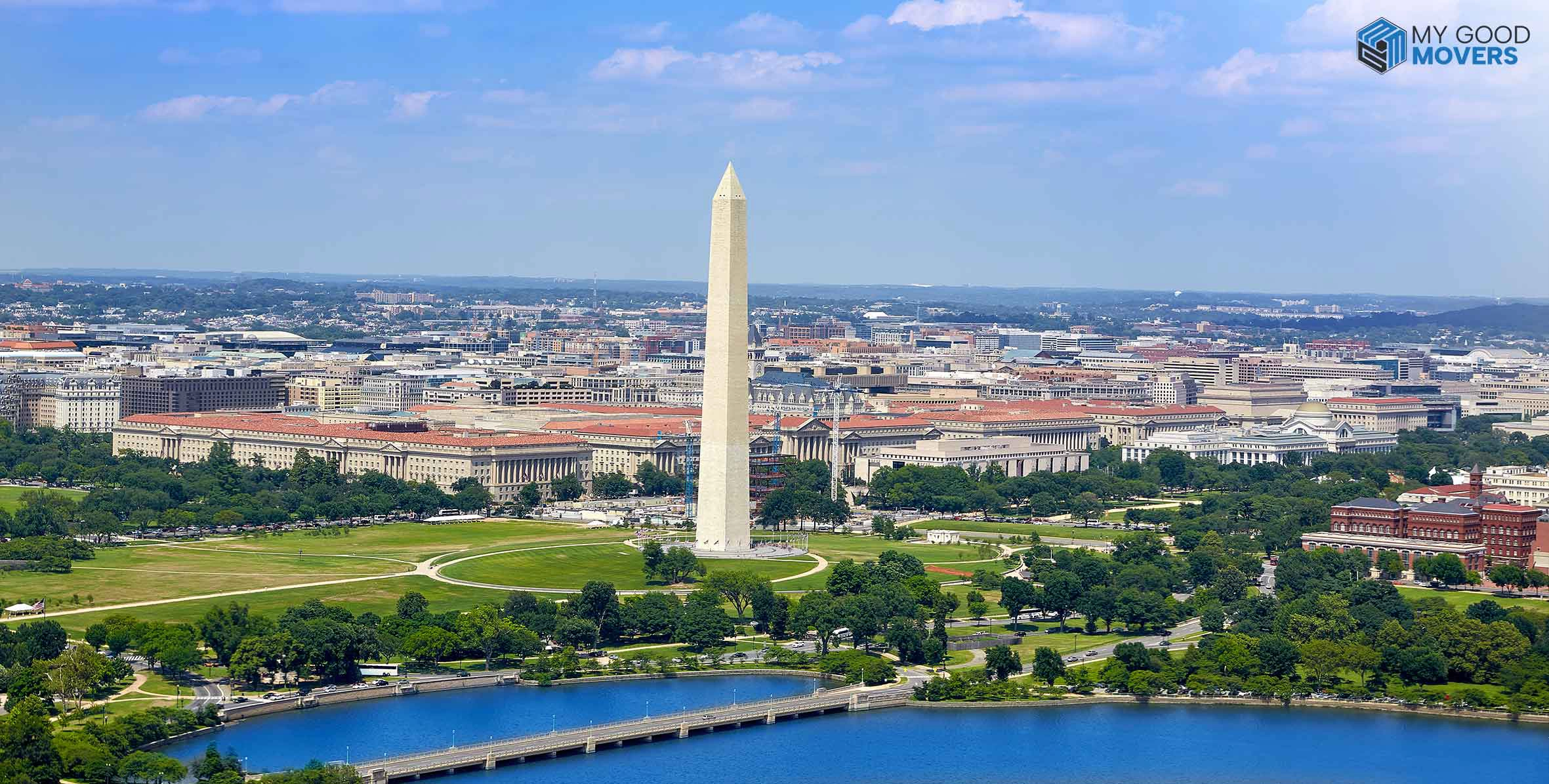
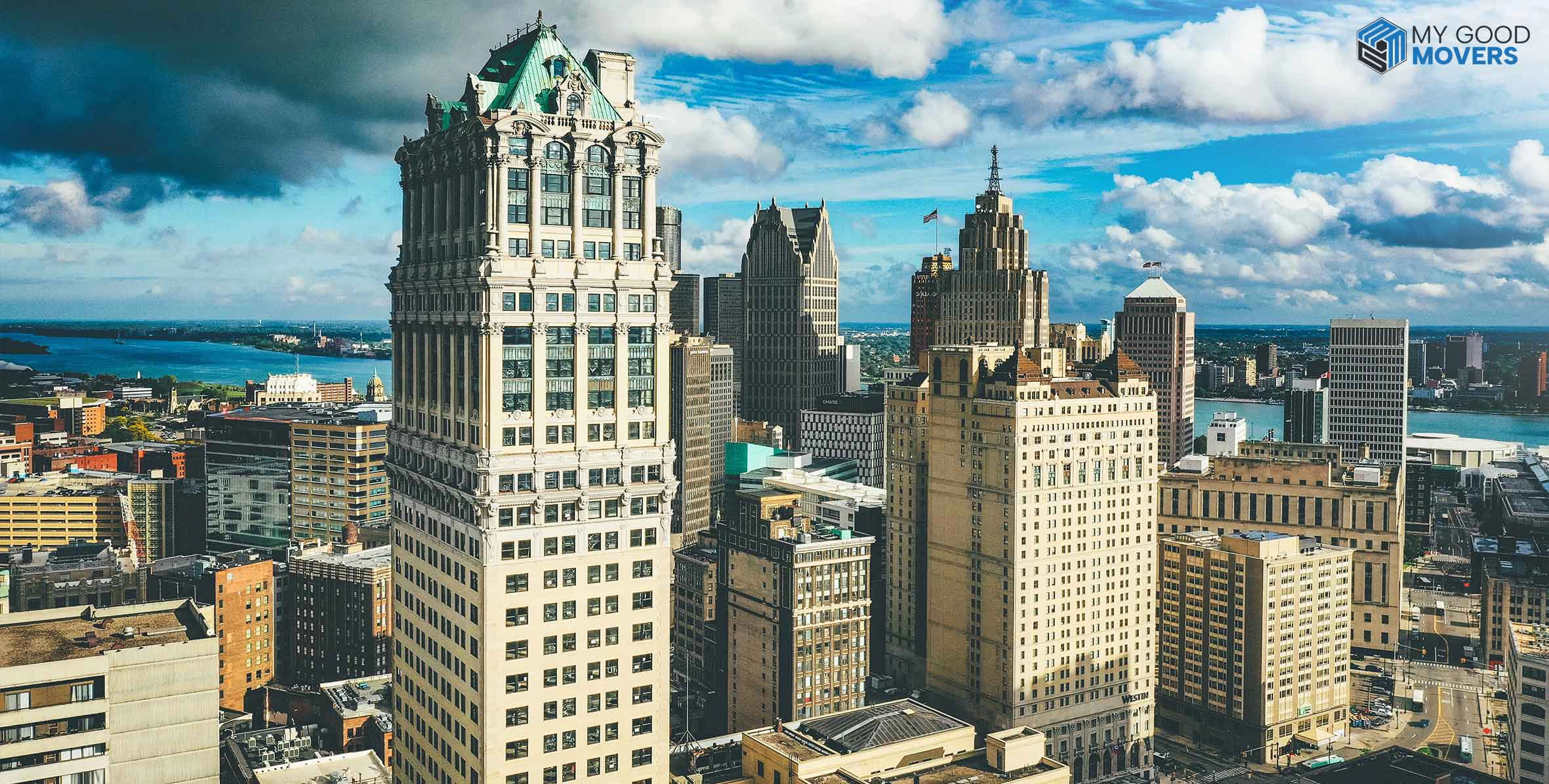
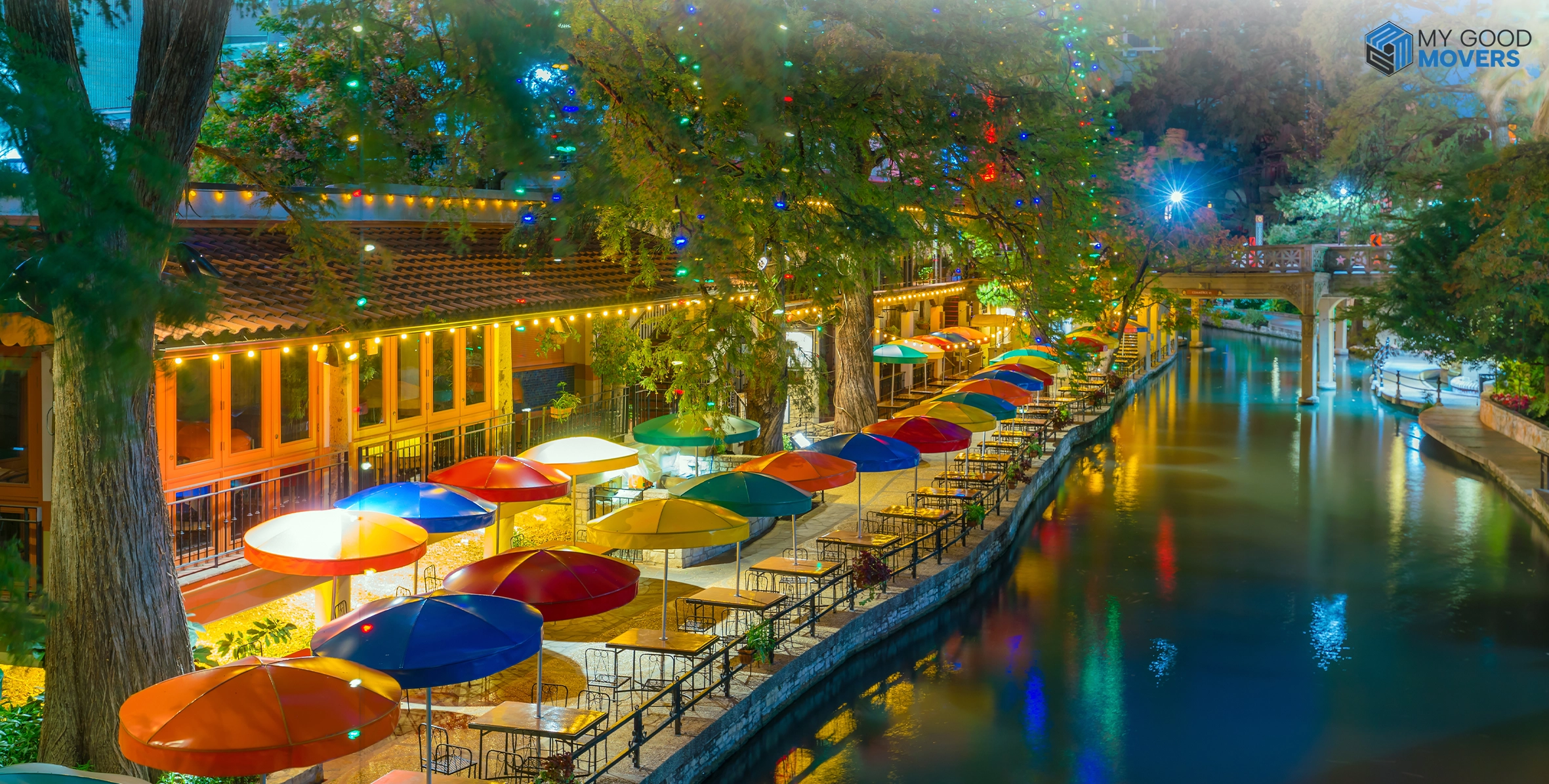
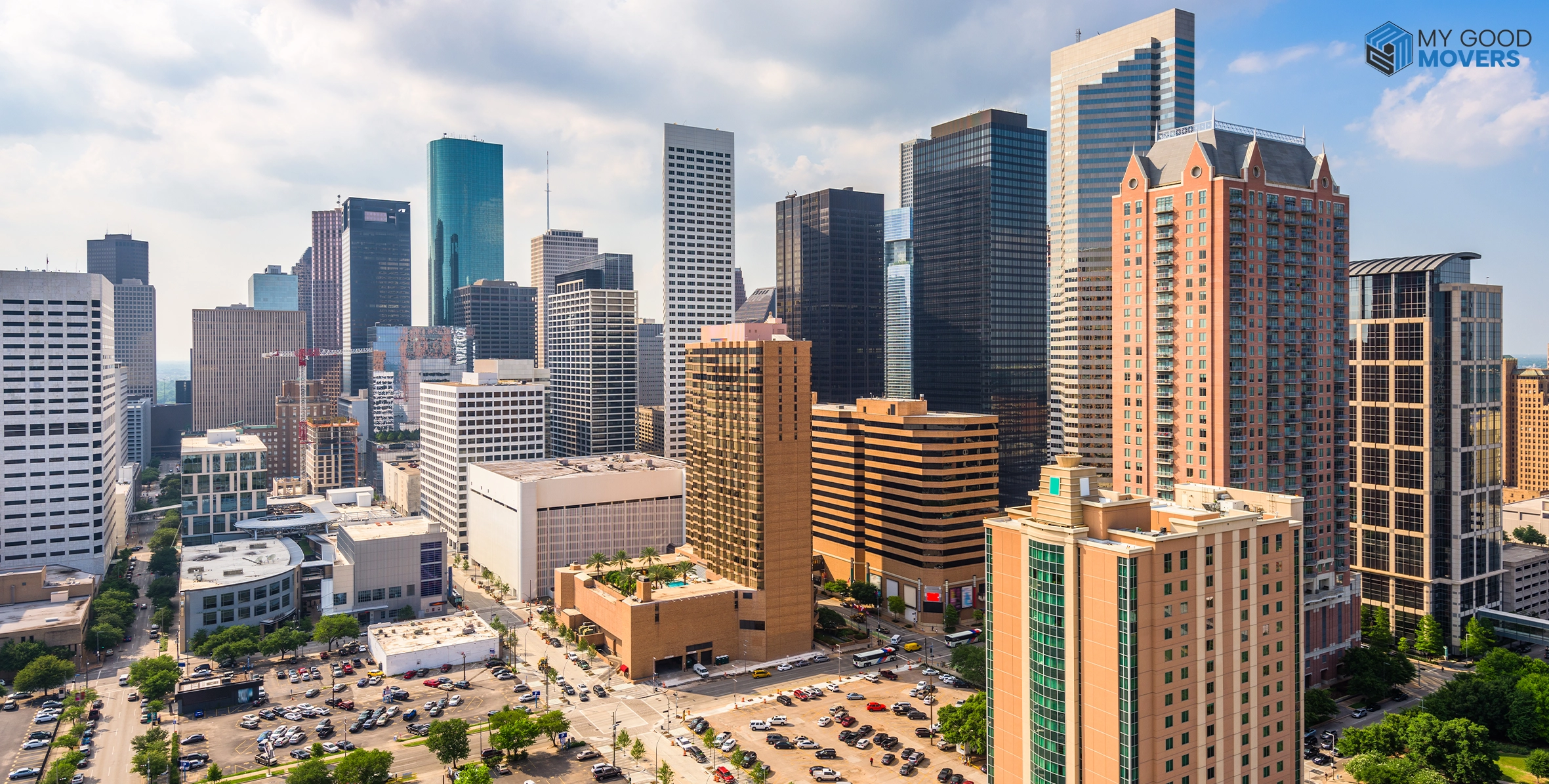
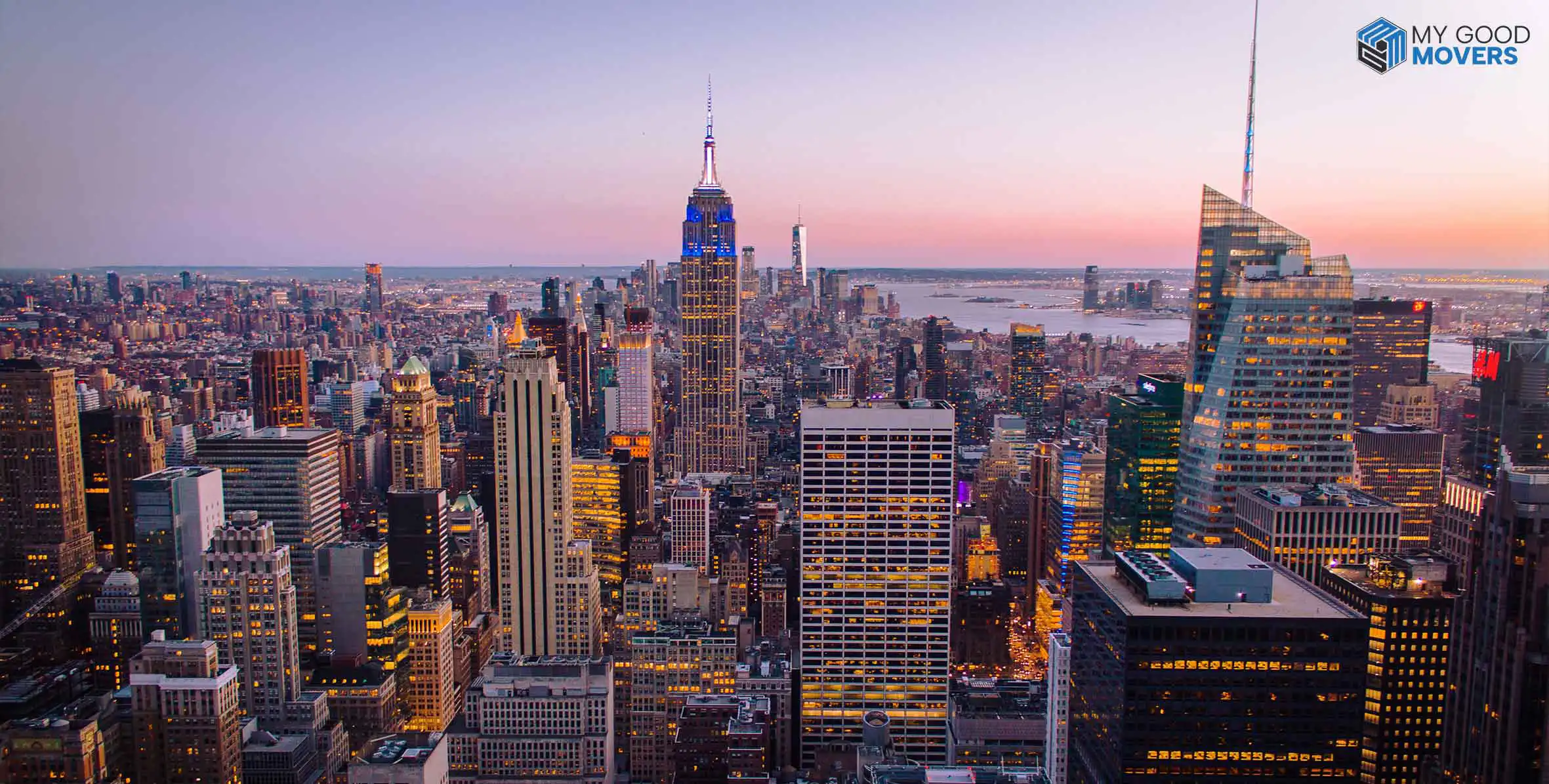
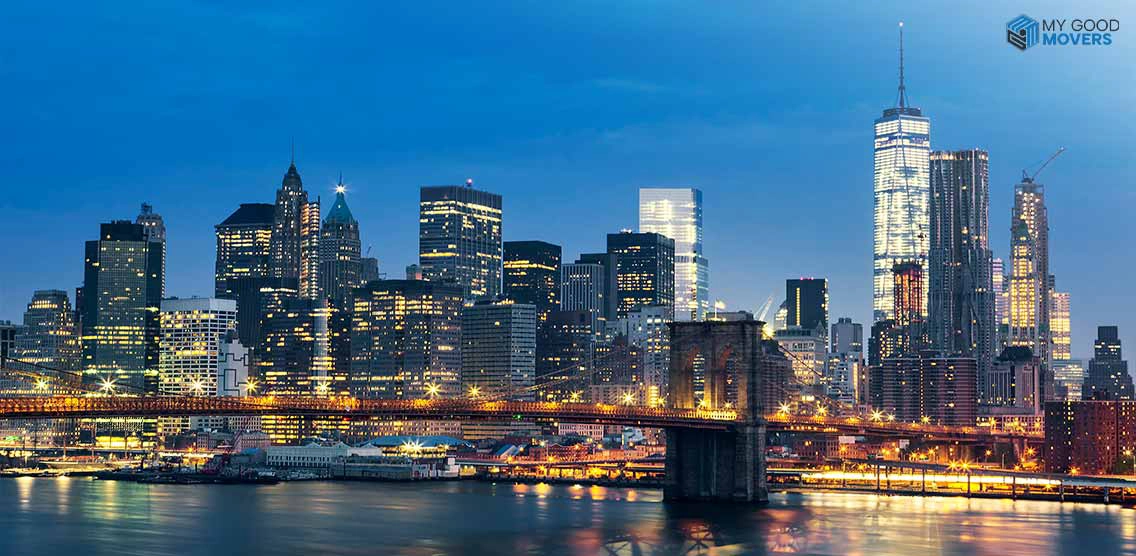
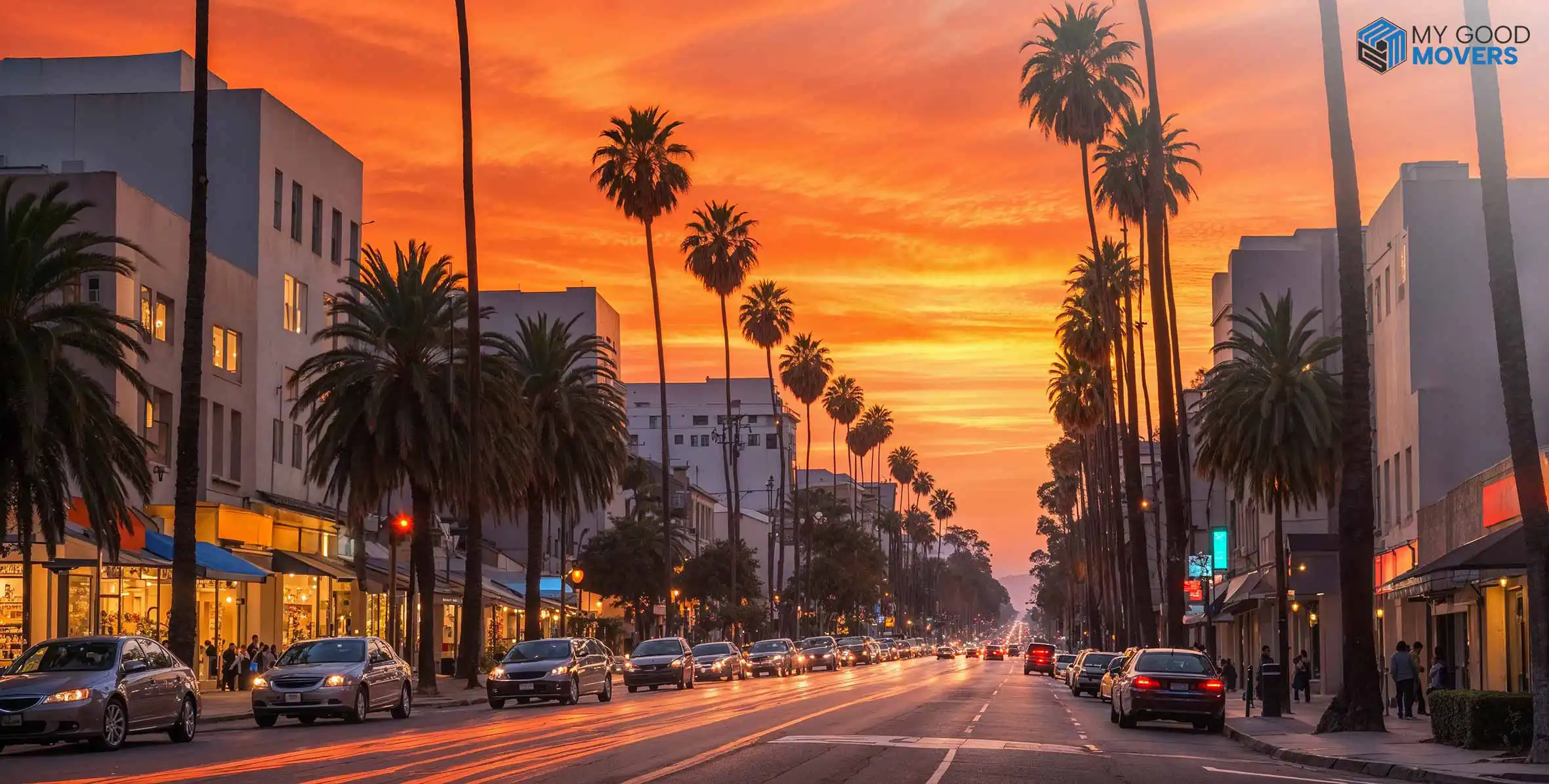
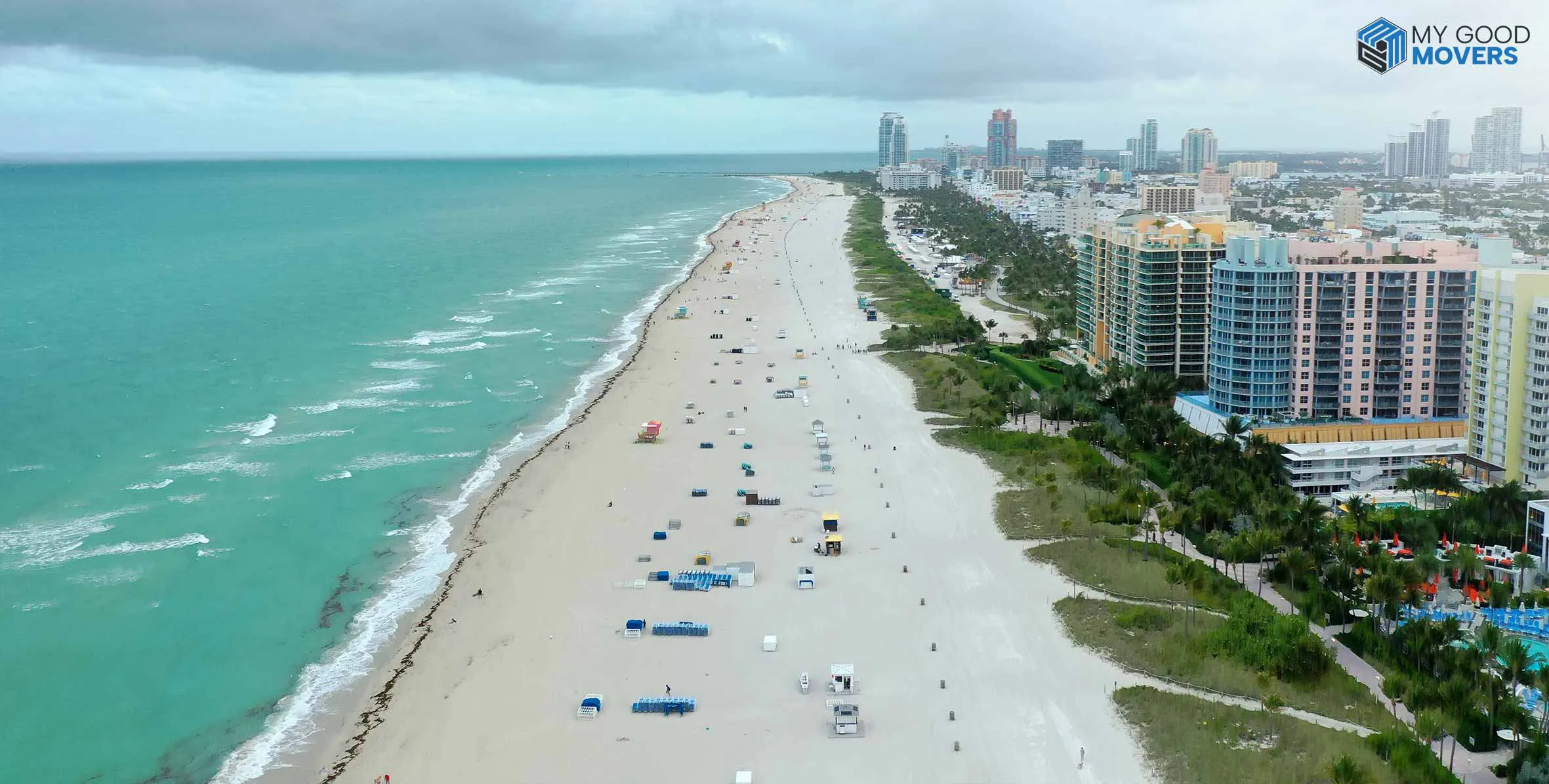
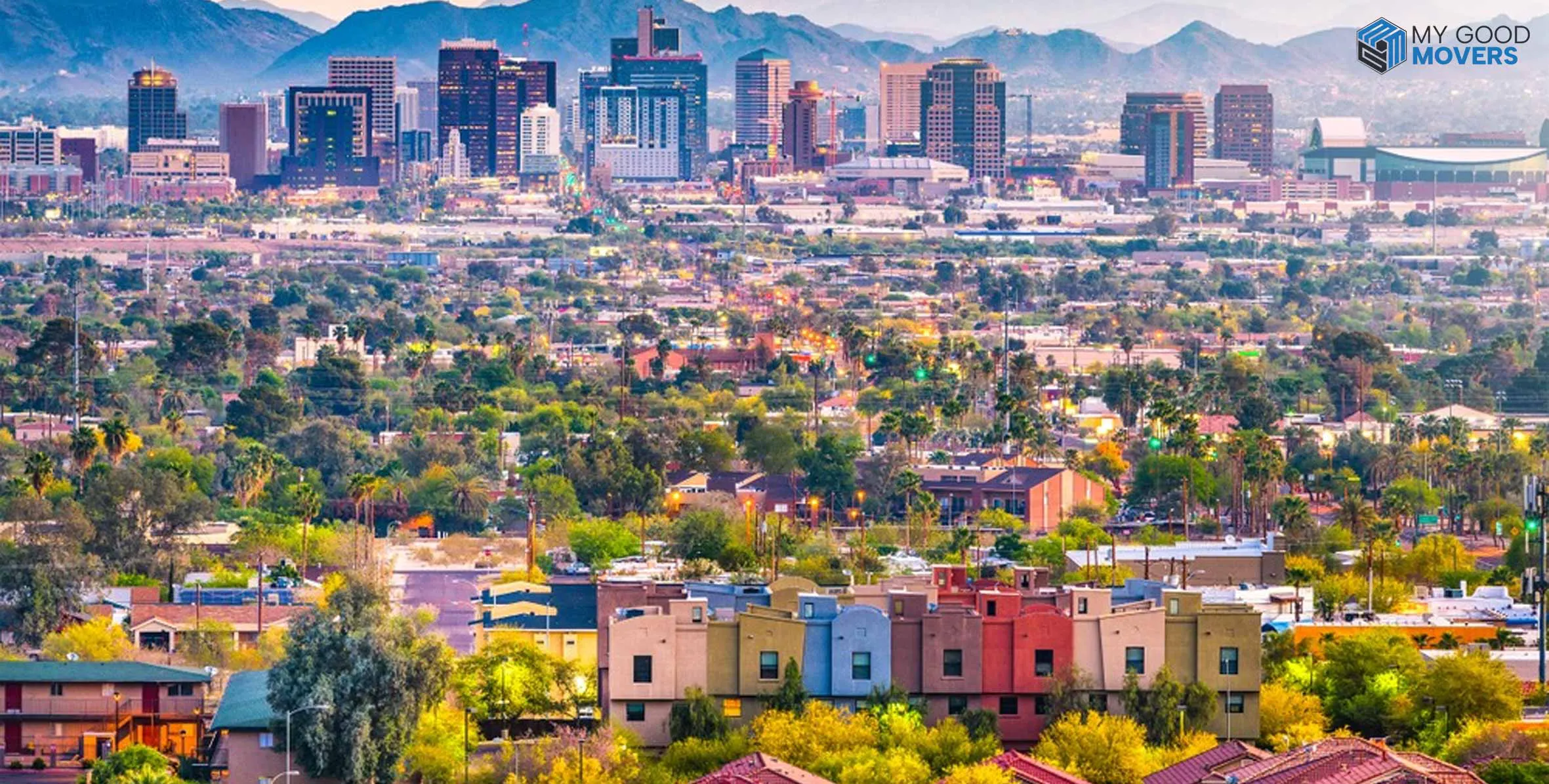
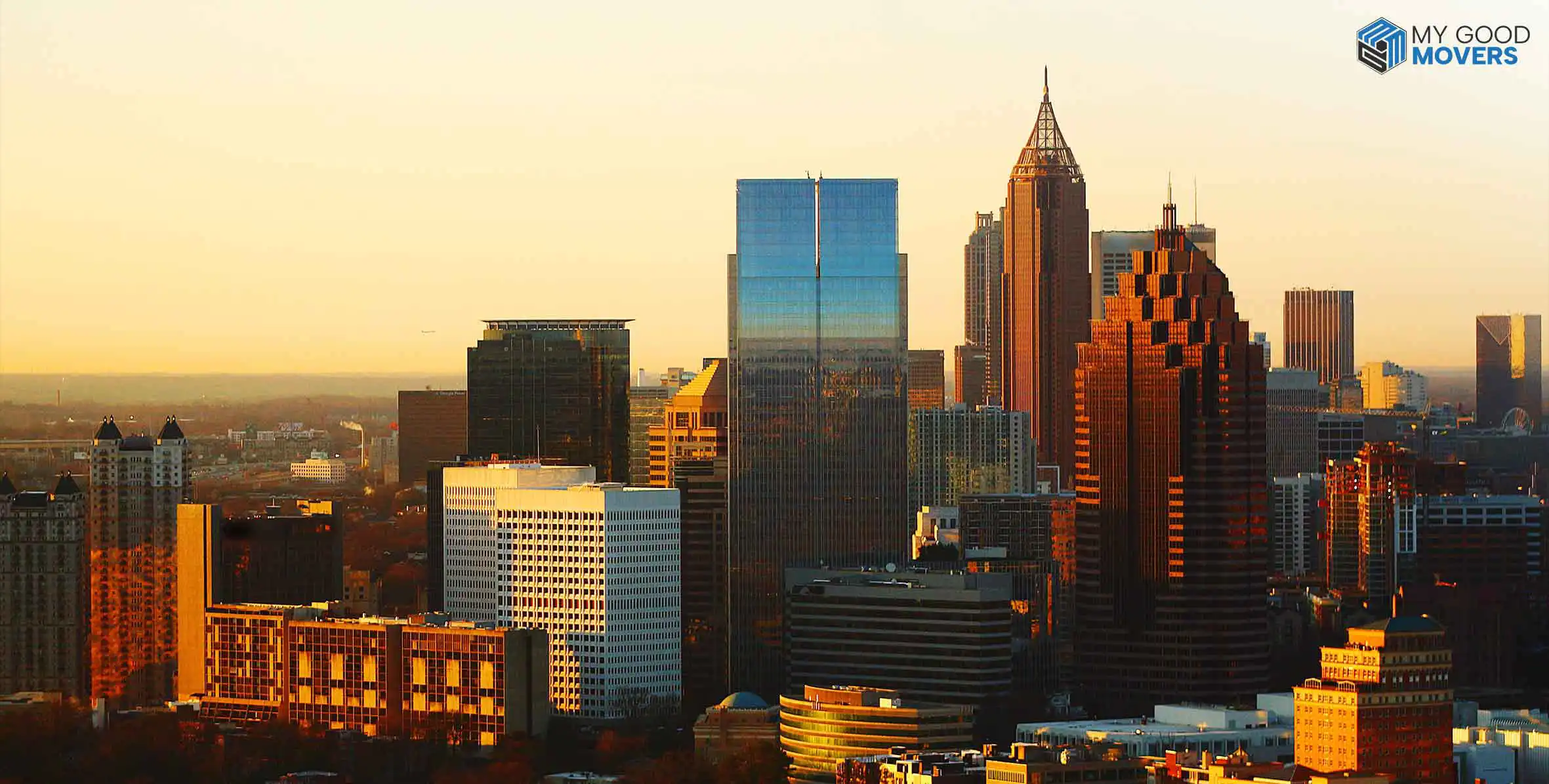
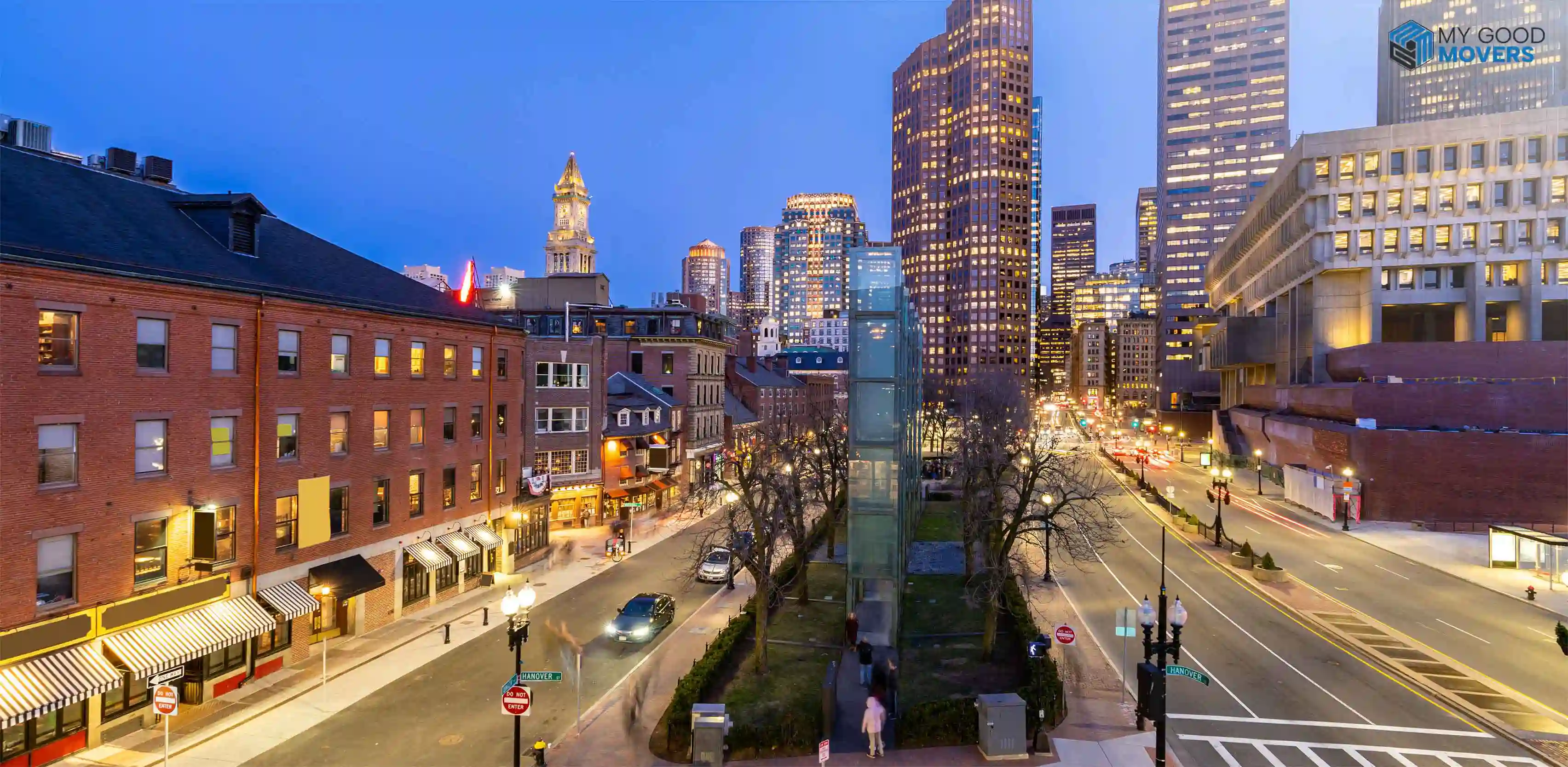






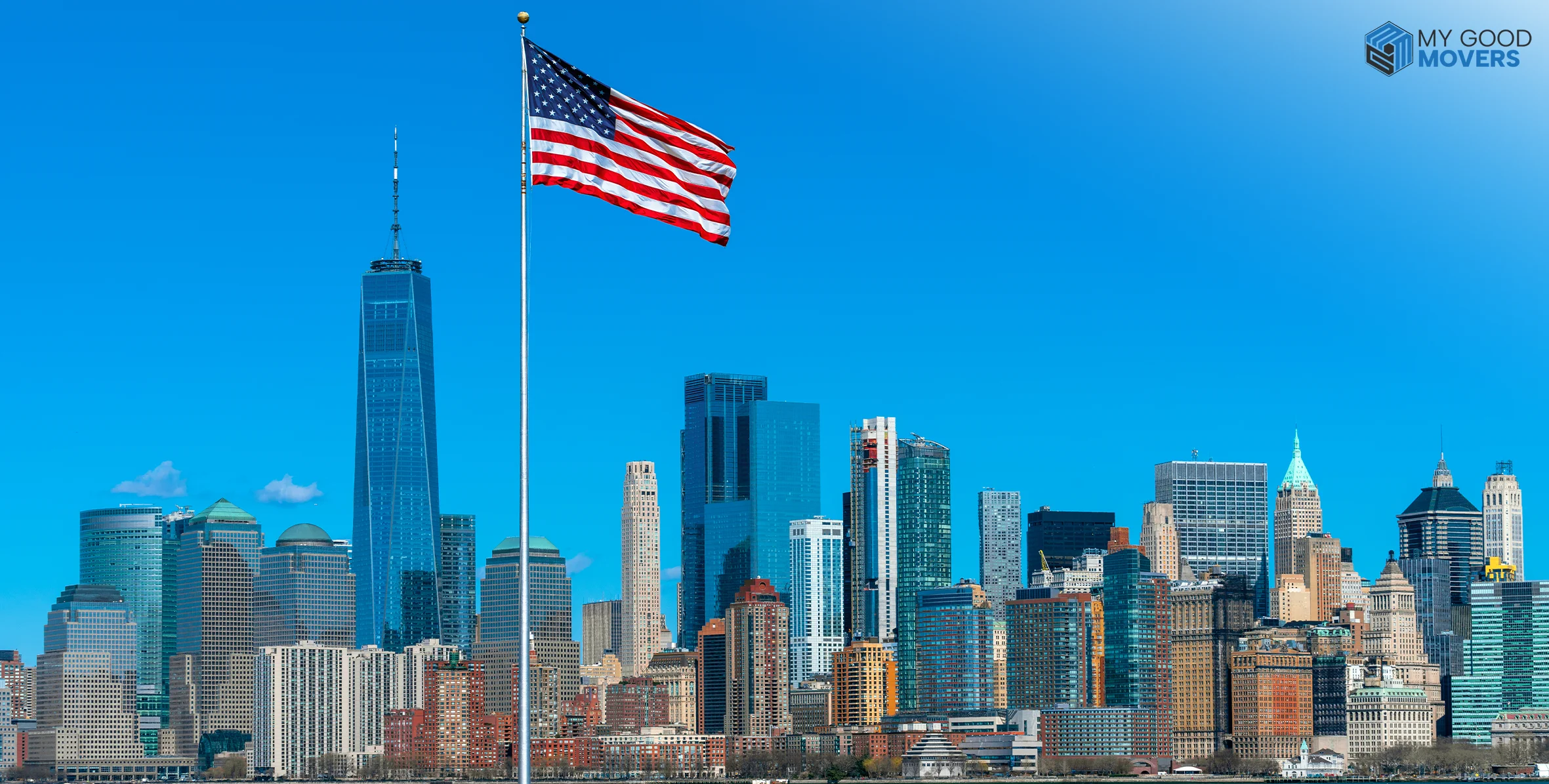

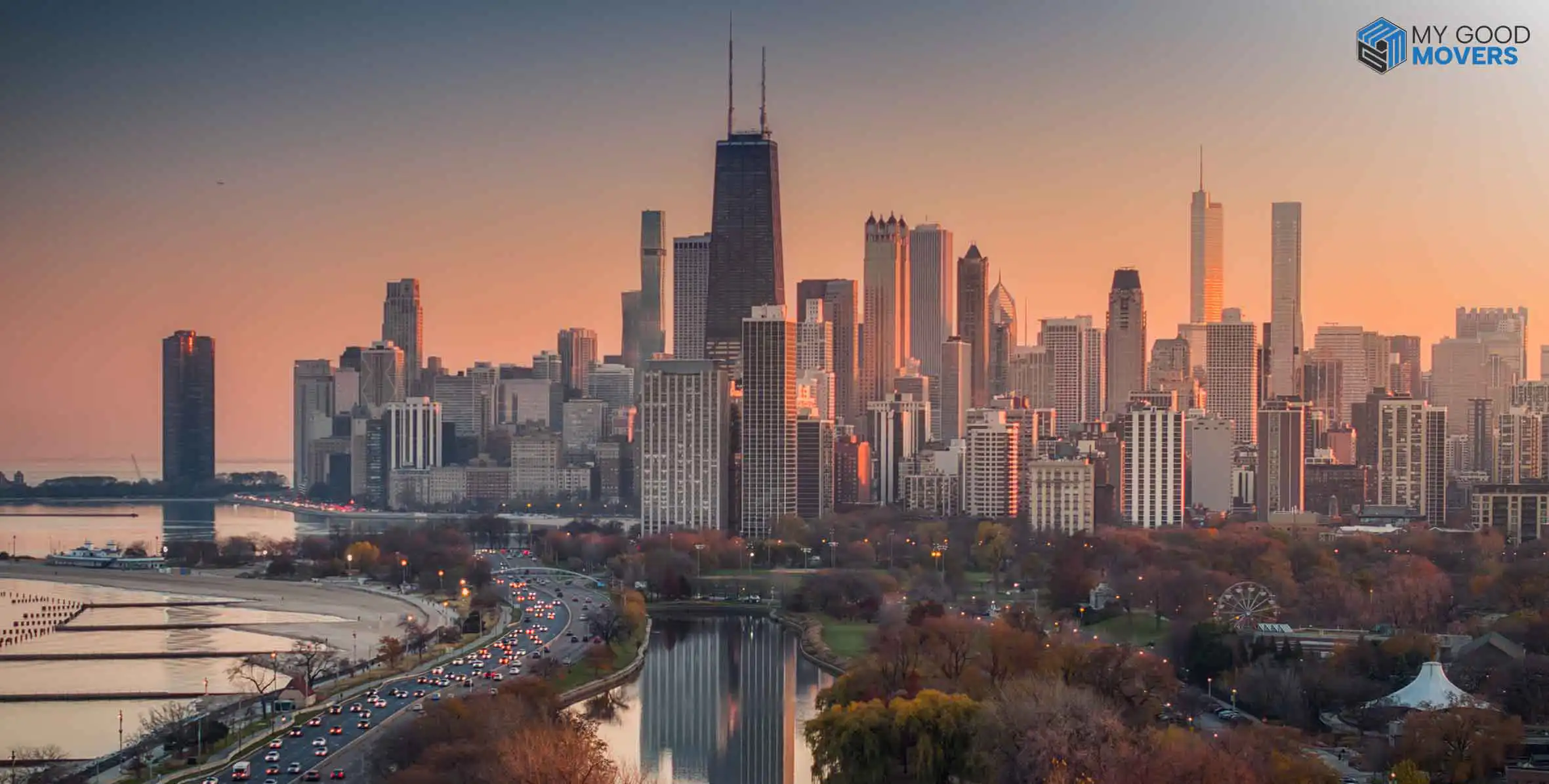


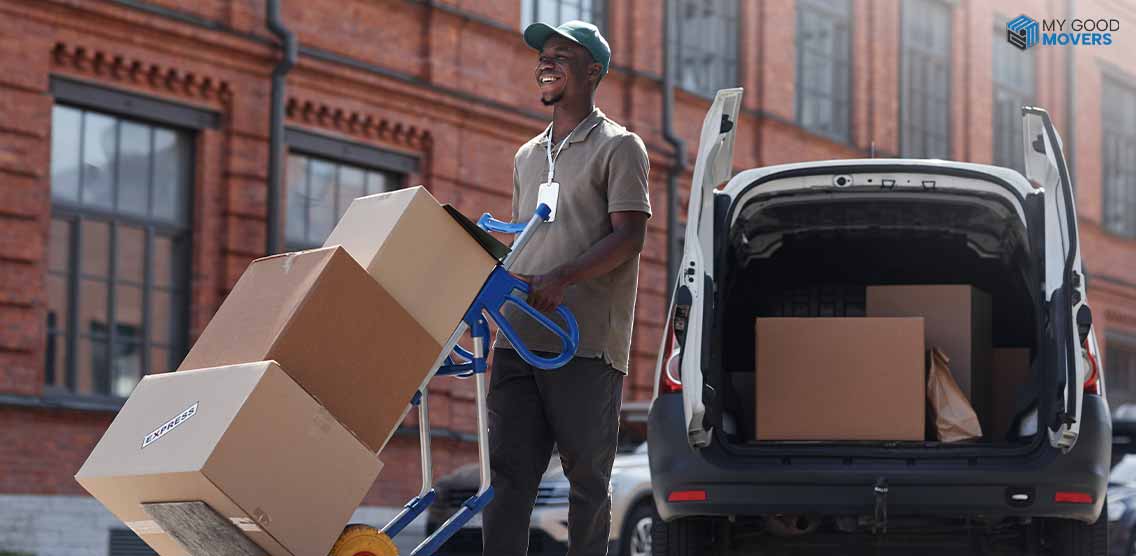
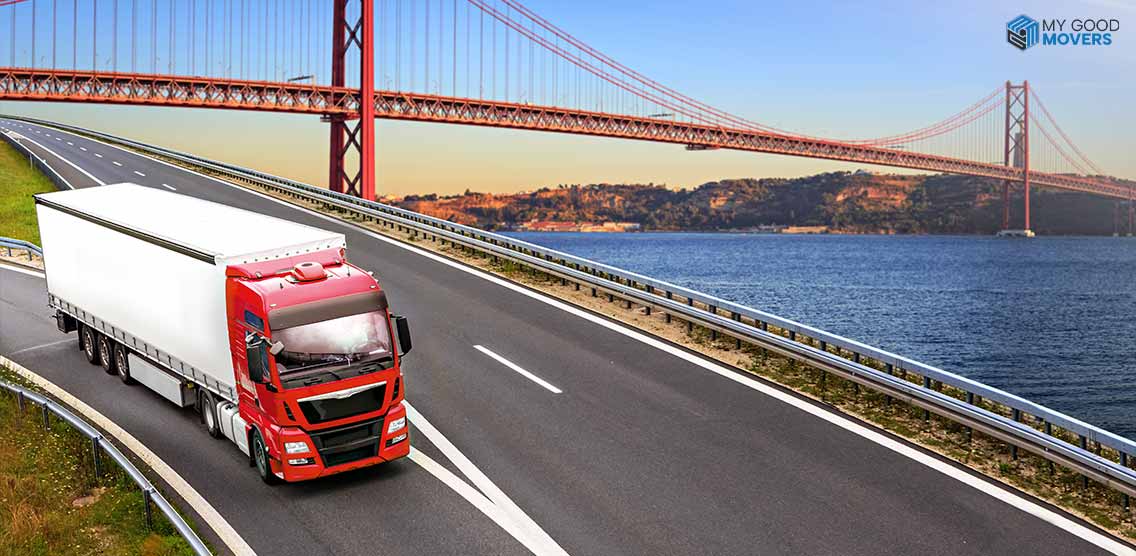
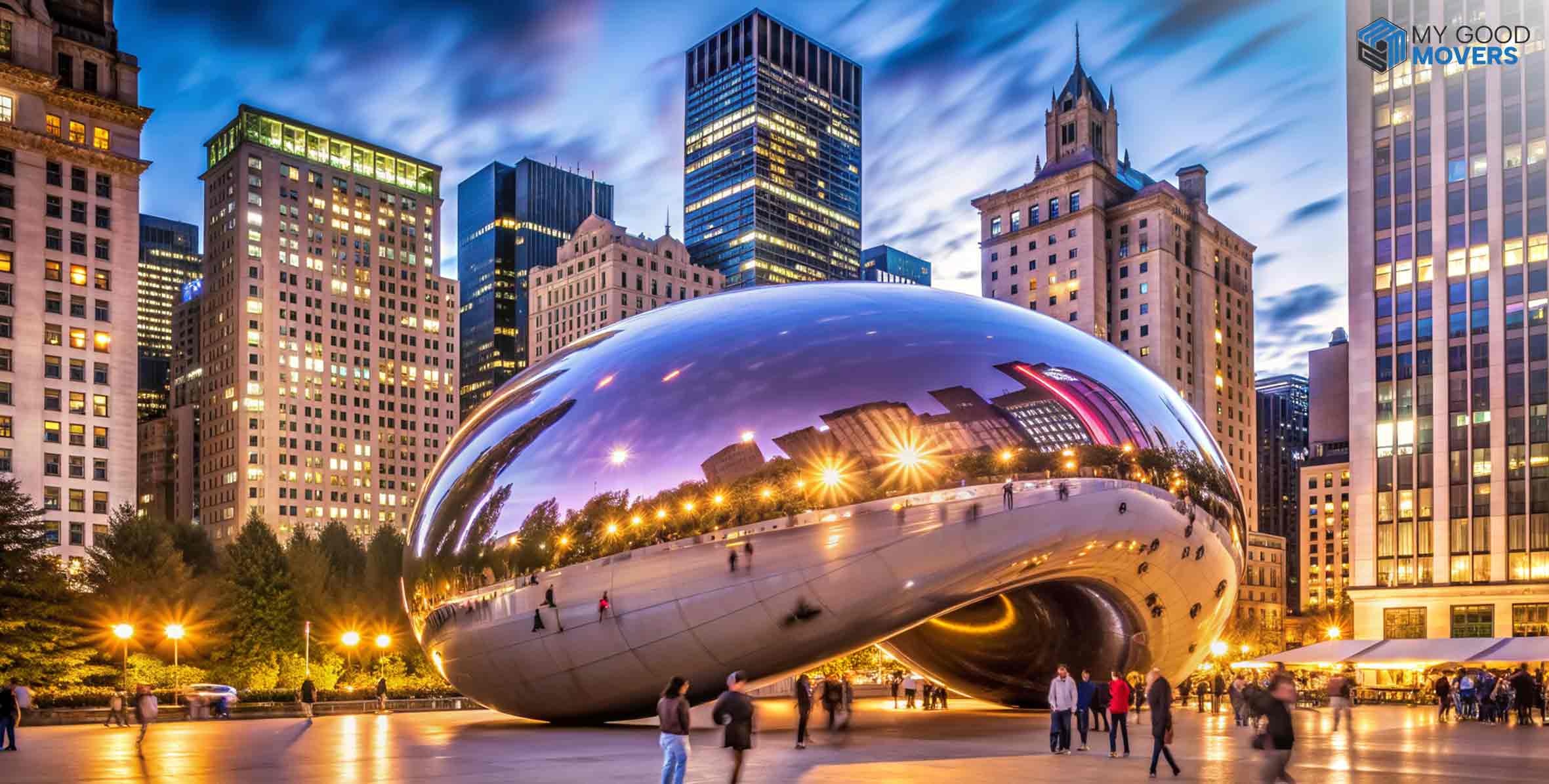
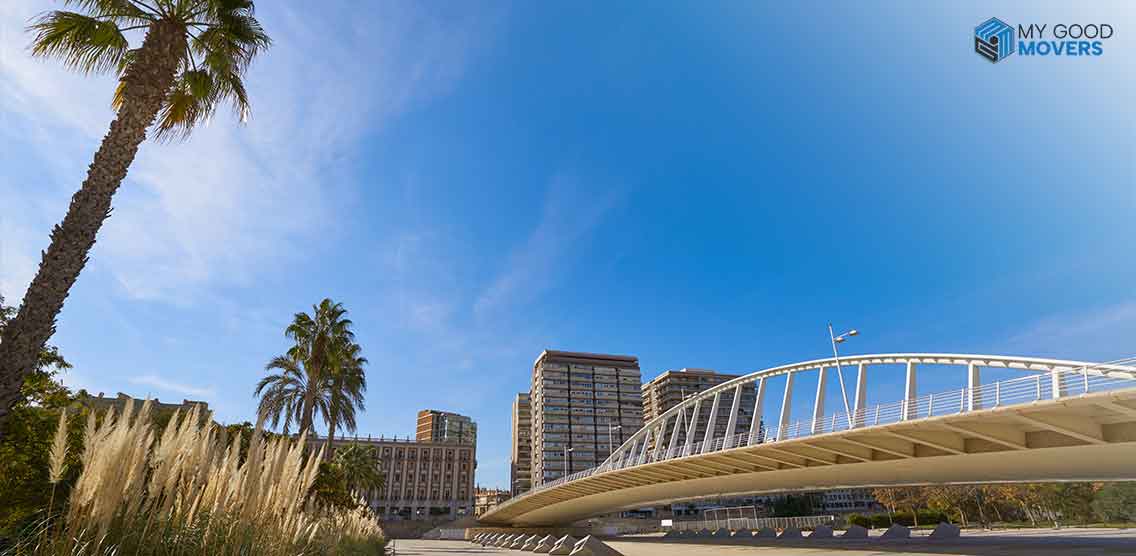
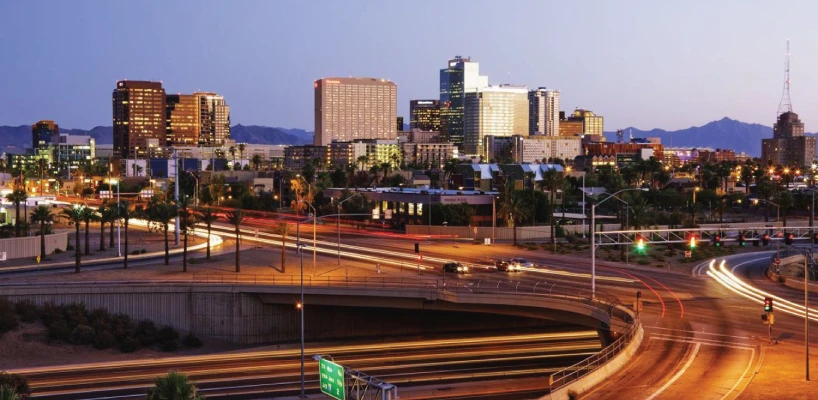
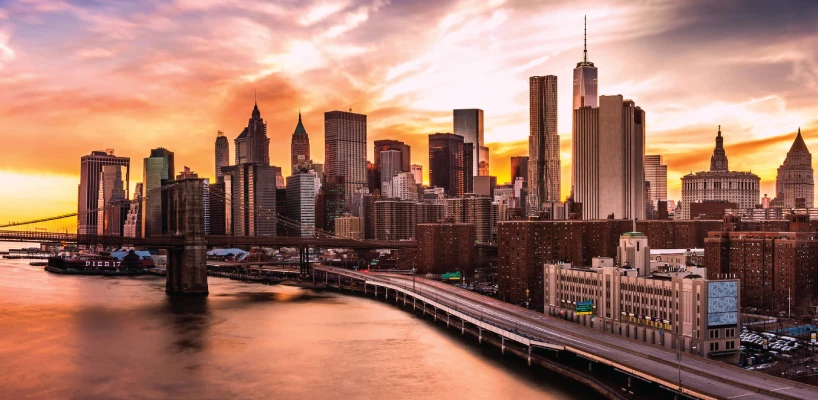

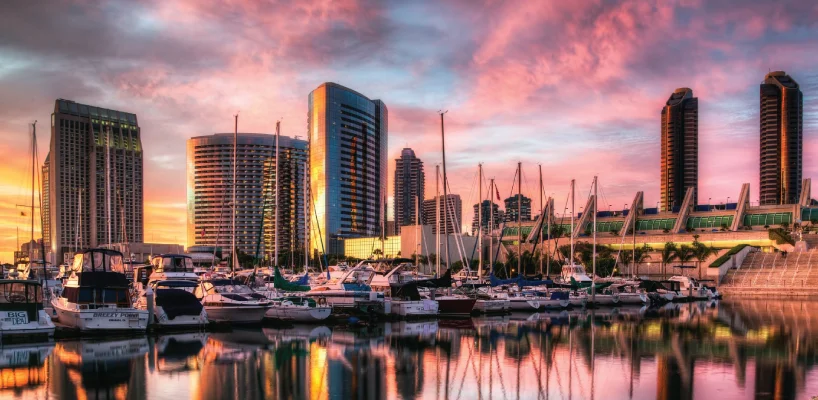

 (239) 799–6077
(239) 799–6077